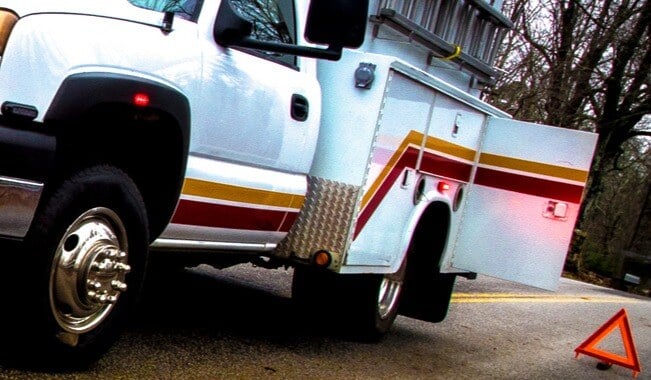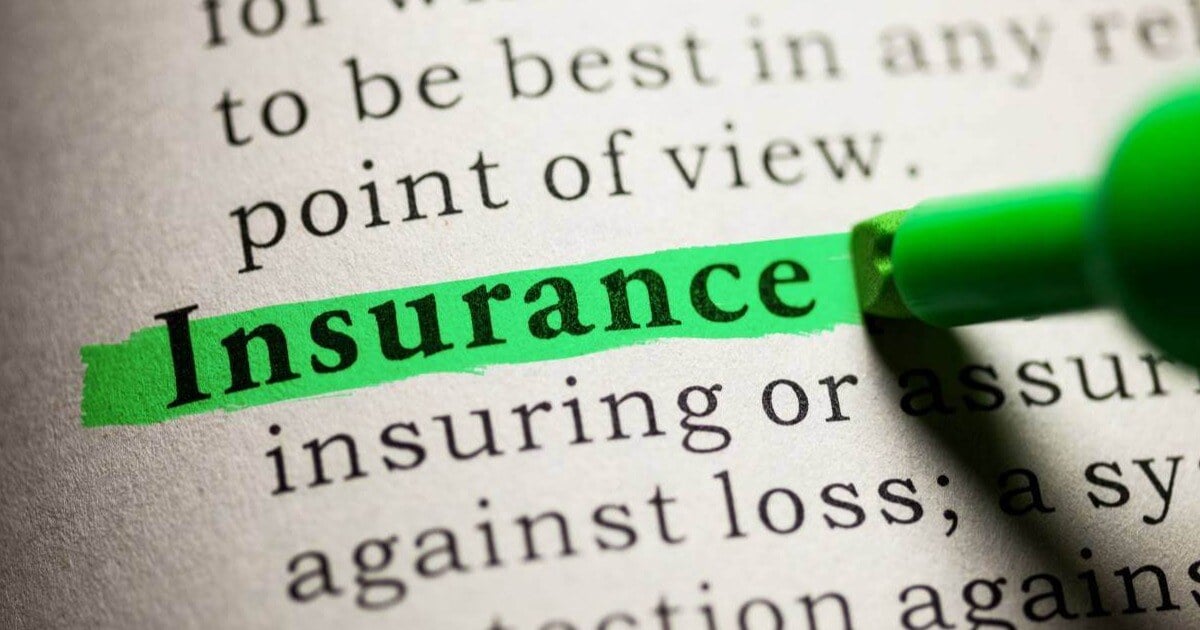What is Personal Injury Protection (PIP) Insurance and How Can it Help Protect My Business?
There is a certain amount of risk that comes with running a business, especially if you or your employees are required to drive. To help reduce risk,...
Discover insurance options that are as unique as you are.
Get or retrieve a quote, find an agent, and more.
Report a claim or find a repair shop.
Learn about Kemper, our products and services, find information for investors, job-seekers, and users with disabilities, and more.

Personal Injury Protection (PIP) insurance is a type of coverage that helps pay for medical bills, lost income, and other expenses if you or your passengers get hurt in a car accident, no matter who caused the accident. That’s why it’s sometimes called “No-fault insurance” because it can cover you regardless of who’s at fault. It can cover things like x-rays, doctor visits, and even help make up the wages you lose if you're unable to work due to your injuries.
Imagine you’re in a car accident and suffer a serious injury. You can’t work for several weeks and need surgery that costs $30,000. Without PIP, you might have to rely solely on health insurance, which could leave you with out-of-pocket expenses for lost income and other costs. PIP helps bridge that gap, giving you some financial protection when you need it most.
Not all states require PIP coverage. According to the Insurance Information Institute (III), PIP insurance is required in 12 states, referred to as "No-fault states". In other states, it may be optional or not offered.
Here’s what PIP insurance usually covers:
Please note that PIP will only apply to accidents that are covered by the policy, so not all medical bills or lost wages will be covered. Benefits can only be paid up to the limits of the policy.
Adding PIP insurance to your policy gives you peace of mind. The cost for accidents can be overwhelming. The cost for hospitalization after an accident can run tens of thousands of dollars. Medical bills can add up, so getting PIP coverage is a wise choice.
Learn about PIP for commercial auto policies
The amount of PIP coverage you need depends on your state’s requirements and your personal circumstances. For example, in Florida, drivers must carry at least $10,000 in PIP coverage.
In other states, like Texas, PIP is optional. In these states, use these tips to help choose the right amount of coverage:
PIP is required by law in no-fault states including Florida and Pennsylvania. But even in states where it's optional, it can provide valuable coverage and reduce your financial stress if you’re in an accident. You can’t put a price on peace of mind, so consider adding PIP coverage to your policy if your state offers it.
This material is for general informational purposes only. Products, services, and discounts referenced herein are not available in all states or all underwriting companies. All statements are subject to the terms, exclusions and conditions of the applicable policy. In all instances, current policy contract language prevails. Coverage is subject to individual policyholders meeting our underwriting qualifications and state availability. Other terms, conditions and exclusions may apply.

There is a certain amount of risk that comes with running a business, especially if you or your employees are required to drive. To help reduce risk,...

Common Types of Auto Insurance Coverage Bodily Injury Liability Bodily injury liability coverage is typically mandatory, and helps pay for physical...
.jpg)
When you hit the road, you do so in good faith that the drivers around you are protected by insurance, just like you are. Unfortunately, that’s not...